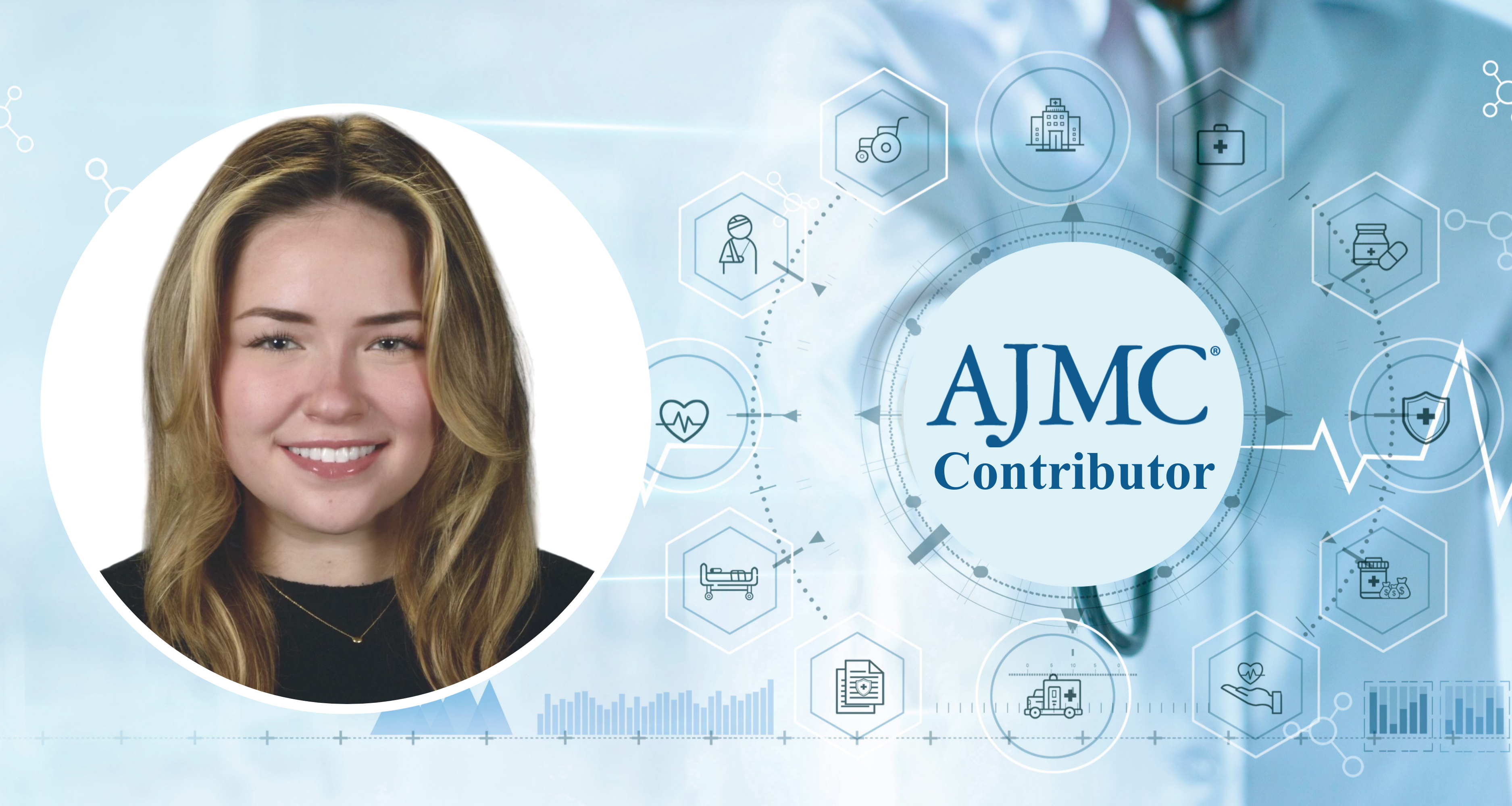- Center on Health Equity & Access
- Clinical
- Health Care Cost
- Health Care Delivery
- Insurance
- Policy
- Technology
- Value-Based Care
Contributor: Reframing Health Literacy—A Systemic Driver of Equity and Outcomes
Improving health literacy is essential for promoting health equity, reducing preventable illness, and making health care more effective.
Every part of your life shapes your health. Where you live, what you eat, the work you do, and the people around you all influence how healthy you are and how long you live. But one critical factor is often overlooked: your ability to understand and use health information.
Health literacy, the ability to obtain, process, and use basic health information to make informed decisions,1 is essential for accessing care, managing chronic conditions, understanding treatments, and engaging in preventive care. It includes skills such as interpreting prescription labels, navigating medical systems, making informed lifestyle choices, and understanding personal or family health records. Despite how crucial these abilities are, an estimated 9 out of 10 US adults struggle with some aspect of health literacy.2
Elena Fenster is a second-year Master of Public Health candidate at Columbia University’s Mailman School of Public Health. | Background Image Credit: ipopba - stock.adobe.com

This issue isn’t just about individual responsibility; it is rooted in systemic barriers. Low health literacy is associated with low socioeconomic status and education levels, cultural and language barriers,3 and the complexity of health information within the system itself.4 These inequities particularly impact marginalized communities, contributing to poorer health outcomes, higher rates of preventable disease, and increased health care costs.5
To effectively address this issue, a multilevel, multistakeholder approach is necessary. ACP Decisions outlines 4 evidence-based strategies to improve patient health literacy,6 each of which targets specific structural obstacles.
- Prioritize plain language across all forms of patient communication. This means that federal health agencies, hospitals, and providers must commit to using simple, clear language in both verbal and written interactions with patients. Training health care professionals to avoid jargon, clearly define medical terms, use active voice, and structure information so that the most important points come first can greatly enhance patient understanding.
- Use culturally sensitive and linguistically relevant aids. Visual tools like diagrams, infographics, and videos can strengthen verbal information and help people with low literacy better understand complex health concepts. When visuals reflect patients’ cultures and languages, they can increase trust, clarity, and a sense of inclusion, particularly for those from historically underserved backgrounds.
- Promote technology that supports accessibility and understanding. With 96% of Americans using the internet7 and 91% owning smartphones,8 expanding digital health tools is critical. Telehealth platforms, patient portals, and mobile apps can offer test results, medication reminders, and tailored health information in a format that patients can review on their own time. This could especially be helpful for individuals in rural or resource-scarce communities.
- Adopt effective teaching methods in clinical care. Providers should use methods like “teach-back”9 and “show-back” to confirm comprehension and ask open-ended questions to identify gaps in understanding. Slowing down, using respectful language, and establishing a two-way dialogue can help ensure patients feel informed and empowered in their information and decisions.
Improving health literacy is essential for promoting health equity, reducing preventable illness, and making health care more effective. By implementing these strategies across the system, we can build a future where everyone, not just a privileged few, can understand, navigate, and take charge of their health. Now is the time for health systems, policy makers, and providers to treat health literacy as a foundational pillar of public health, not a luxury.
References
- Health literacy. National Institutes of Health. Updated February 25, 2025. Accessed July 25, 2025. https://www.nih.gov/institutes-nih/nih-office-director/office-communications-public-liaison/clear-communication/health-literacy
- Health literacy fact sheets. Center for Health Care Strategies. Accessed July 25, 2025. https://www.chcs.org/resource/health-literacy-fact-sheets/
- Dhananjheyan D, Kumar S. Health literacy in the United States. November 24, 2023. Accessed July 25, 2025. https://icjs.us/health-literacy-in-the-united-states/
- Boslaugh SE. Health literacy. EBSCO. 2024. Accessed July 25, 2025. https://www.ebsco.com/research-starters/consumer-health/health-literacy
- Coughlin SS, Vernon M, Hatzigeorgiou C, George V. Health literacy, social determinants of health, and disease prevention and control. J Environ Health Sci. 2020;6(1):3061.
- Four simple strategies for improving patient health literacy. ACP Decisions. September 30, 2019. Accessed July 25, 2025. https://www.acpdecisions.org/four-simple-strategies-for-improving-your-patients-health-literacy/
- Internet, broadband fact sheet. Pew Research Center. November 13, 2024. Accessed July 25, 2025. https://www.pewresearch.org/internet/fact-sheet/internet-broadband/
- Mobile fact sheet. Pew Research Center. November 13, 2024. Accessed July 25, 2025. https://www.pewresearch.org/internet/fact-sheet/mobile/
- Teach-back training. Accessed July 25, 2025. https://teachbacktraining.org/
This article was updated on July 30, 2025, to correct the attribution of a source.
